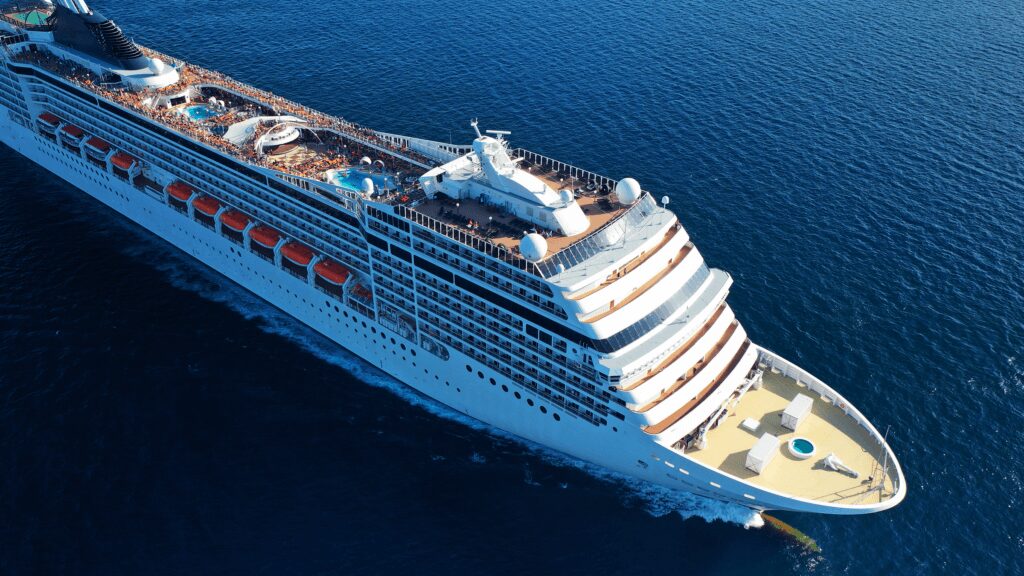The cruise industry is rapidly evolving to prioritize safety and health, particularly in the wake of the COVID-19 pandemic. As travelers return to cruising, their top priority is to feel safe and secure on board. Cruise lines must now balance customer experience with implementing effective well-being protocols. This article explores the importance of prioritizing protection in this industry, the evolution of these measures, emerging trends, and challenges to implementing effective protocols.
Page Contents
The Importance of Prioritizing Safety and Health in the Cruise Industry
Cruise lines are increasingly recognizing the importance of prioritizing safety and health in order to attract and retain customers. In this section, we will discuss some of the industry’s key welfare concerns and the impact these issues can have on the industry as a whole.
Safety Concerns
The cruise industry has faced a number of high-profile safety incidents in recent years, such as the Costa Concordia disaster in 2012 and the outbreak of norovirus on the Royal Caribbean’s Explorer of the Seas in 2014. These incidents have highlighted the industry’s need for more effective welfare protocols.
The Impact of Health and Safety Issues on the Cruise Industry
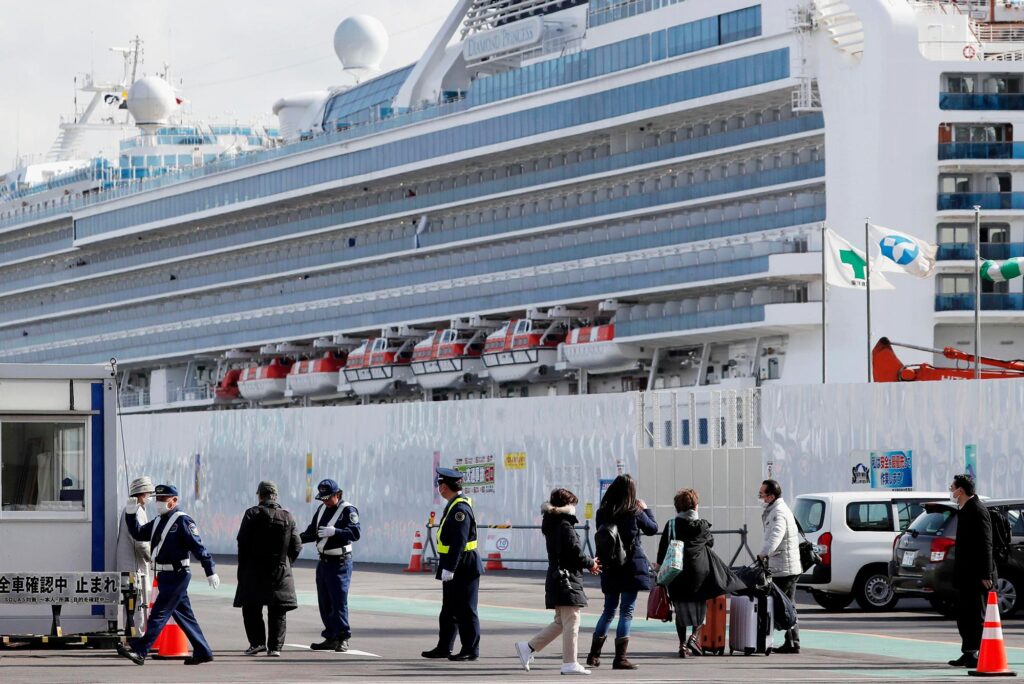
Health and safety issues can significantly impact the cruise industry, as evidenced by the recent COVID-19 pandemic. In order to protect the passengers and crew, they were forced to suspend operations for an extended period of time. This has resulted in significant financial losses for the industry as a whole.
The Evolution of Safety and Health Measures in the Cruise Industry
In response to safety concerns and the COVID-19 pandemic, the cruise industry has implemented a number of new protection measures. This section explores some of the international regulations and best practices that have emerged in recent years. These measures include enhanced cleaning protocols, reduced ship capacity, mandatory vaccination requirements for passengers and crew, and the use of advanced air filtration systems to ensure safe and healthy travel.
The Role of International Regulations in Safety and Health Measures
International organizations such as the International Maritime Organization (IMO) and the World Health Organization (WHO) have played a key role in establishing safety protocols. These regulations have helped establish minimum standards on board.
Best Practices for Health and Safety
Cruise lines have also developed their best practices, including using advanced air filtration systems, enhanced cleaning protocols, and implementing contactless technology. These measures are designed to reduce the risk of transmission of COVID-19 and other infectious diseases on board.
Emerging Safety and Health Trends
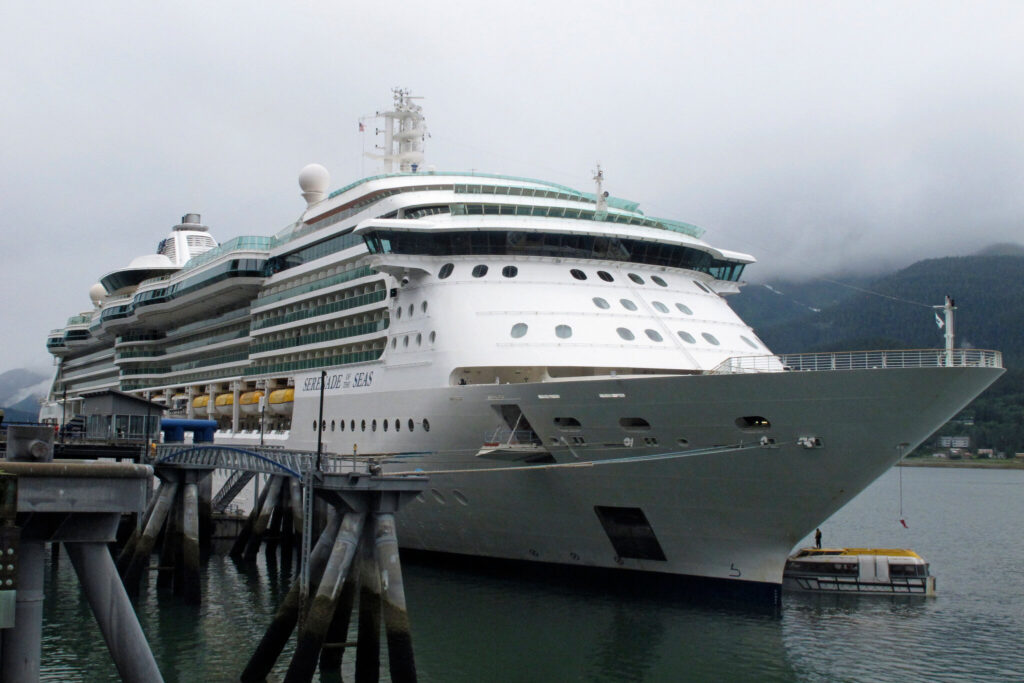
The cruise industry is constantly evolving to keep up with changing trends in welfare. This section explores two emerging trends likely to impact the industry in the coming years significantly. One of the emerging safety and health trends in the cruise industry is the increased focus on environmental sustainability.
Many consumers are now more conscious of their carbon footprint, and they expect the companies they do business with to share their values. The other trend is the use of technology to enhance safety and security onboard ships. From advanced surveillance systems to wearable devices that monitor passenger health, technology is transforming how cruise lines keep their guests safe and healthy.
Embracing Technology
Cruise lines are increasingly embracing technology to enhance health and safety protocols. This includes the use of advanced air filtration systems, contactless check-in, and the use of wearables to track passengers’ well-being. By leveraging technology, they can not only reduce the risk of transmission of infectious diseases but also improve the overall customer experience.
The Growing Importance of Environmental Sustainability in Health and Safety
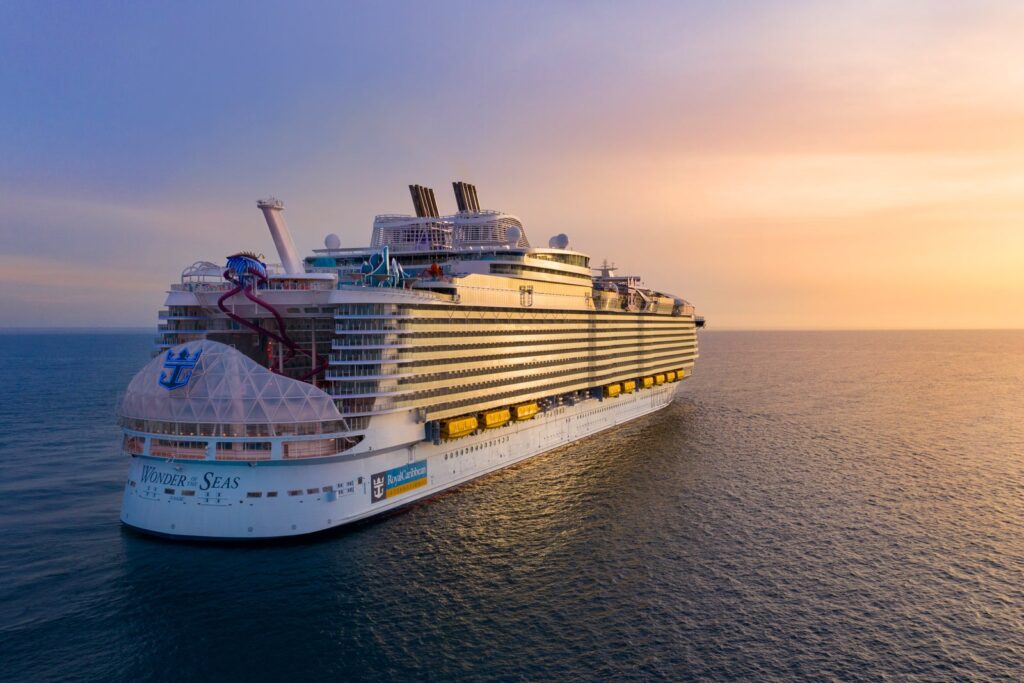
In addition to these concerns, the cruise industry is also facing increasing pressure to become more environmentally sustainable. This includes reducing emissions, reducing waste, and protecting marine life. These efforts are important not only for the planet’s well-being but also for protecting passengers and crew.
Challenges to Prioritizing Safety and Health in the Cruise Industry
While there is a growing recognition of the importance of prioritizing welfare in the industry, several challenges must be overcome. This section explores two of the key challenges facing the industry.
Balancing Safety and Health with Customer Experience
Cruise lines must strike a delicate balance between implementing effective health and safety protocols and maintaining a high level of customer experience. Customers expect a certain level of luxury and comfort on board, and cruise lines must find ways to implement these measures without compromising the overall experience.
The Financial Implications of Prioritizing Safety and Health
Implementing effective protection measures can be costly, particularly in the short term. This can be a significant challenge, particularly for smaller operators who may need help to absorb these costs. If you are a cruise ship operator struggling to navigate these challenges, it may be beneficial to learn more about hiring an experienced lawyer who can provide guidance on legal issues related to health and safety measures.
The Future of Safety and Health in the Cruise Industry
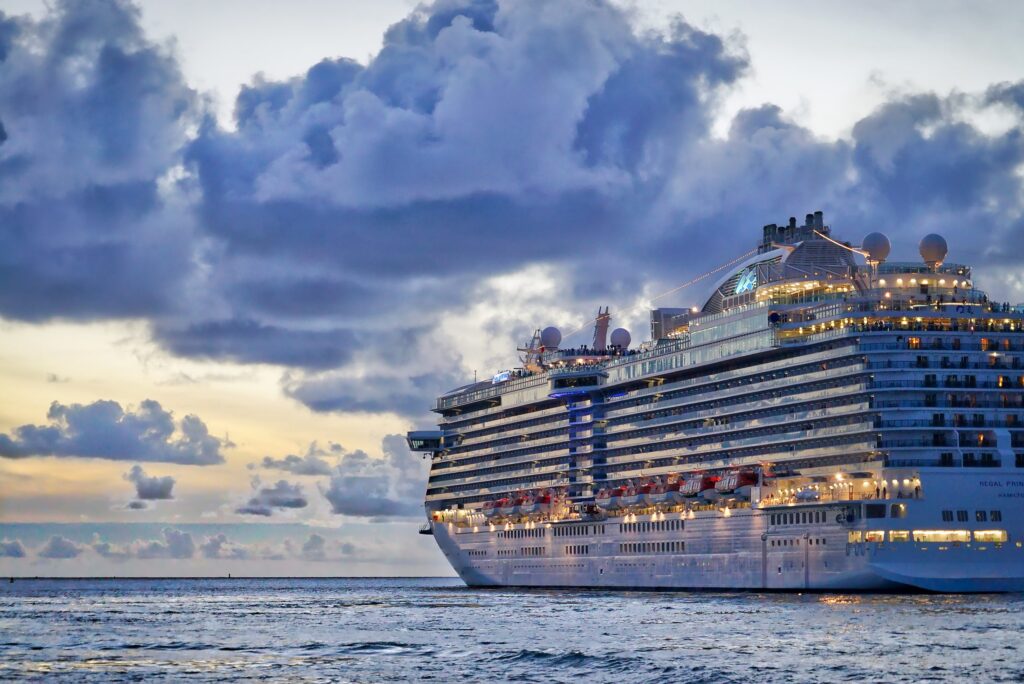
As this industry continues to prioritize welfare, there are several trends that are likely to shape its future. In this section, we will discuss some of these trends.
Increased Focus on Mental Health
The COVID-19 pandemic has highlighted the importance of mental health, and the cruise industry is no exception. Cruise lines are beginning to recognize the need to support passengers and crew members struggling with anxiety, depression, and other mental issues while at sea. This may include providing access to professionals or offering wellness programs that promote mental well-being.
Collaboration with Health Experts
In order to stay ahead of emerging health threats, the cruise industry may increasingly collaborate with health experts, including epidemiologists and infectious disease specialists. By working with these experts, cruise lines can ensure that they are implementing the most effective measures and staying up-to-date on the latest developments in the field.
In conclusion, the cruise industry is evolving rapidly to prioritize safety in the wake of the COVID-19 pandemic. While there are significant challenges to implementing effective protection measures, cruise lines recognize the importance of doing so to attract and retain customers.
By embracing technology, complying with international regulations, and implementing best practices, the industry can help to ensure that passengers and crew remain safe and healthy while enjoying their time on board.
